The increase in malaria cases has many impacts.
Launching the World Malaria Report 2023 as countries gather at the United Nations Climate Change Conference, COP28, WHO said that despite greater access to malaria prevention, more people are still falling ill.
WHO recorded 249 million cases of malaria in 2022, up 2 million from 2021 and surpassing the 233 million recorded in 2016. That is largely due to public health disruptions caused by COVID-19, humanitarian crises, drug resistance, and the impact of global warming.
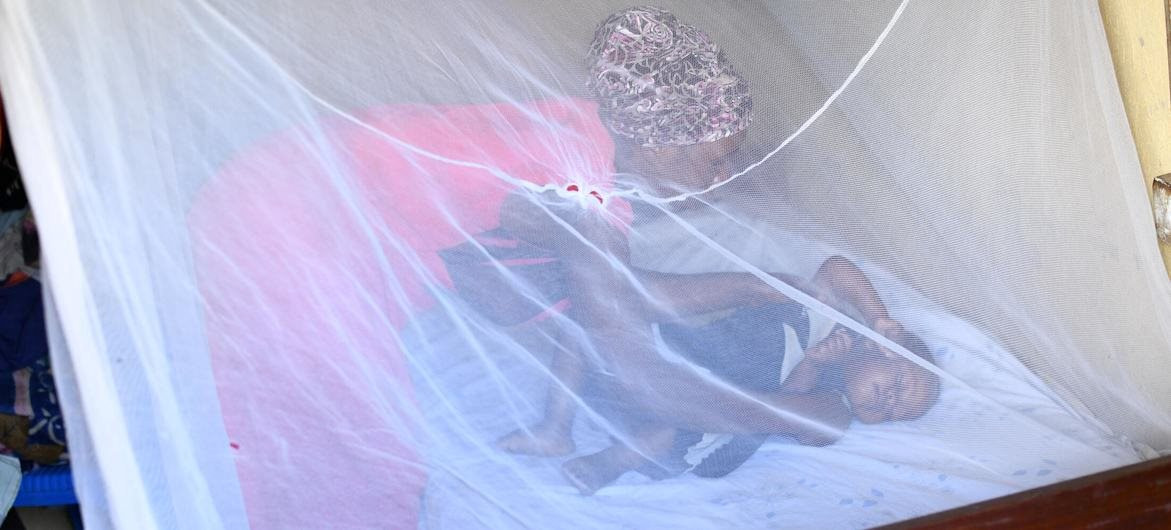
The WHO report also delves into the link between climate change and malaria, noting changes in the behavior and increased survival rates of Anopheles mosquitoes through increased temperature, humidity and rainfall.
Extreme weather events, such as heat waves and floods, can also directly impact disease transmission and burden, according to the WHO. The agency cited catastrophic 2022 floods in Pakistan, which caused a fivefold increase in malaria cases in that country. Ethiopia, Nigeria, Papua New Guinea, and Uganda have also seen significant increases in malaria cases.
According to Peter Sands, CEO of the Global Fund to Fight AIDS, Tuberculosis and Malaria, malaria cases have increased sharply following floods in Pakistan and cyclones in Mozambique in 2021. “Wherever you have extreme weather, you have increased malaria,” he said. The increase in extreme weather creates large pools of water for mosquitoes to breed, which are home to vulnerable poor people. Sands said climate change is also changing mosquito habitats. The highlands of Africa, in Kenya and Ethiopia, once inhospitable to mosquitoes, are now hotbeds of malaria.
WHO also stated that climate change could have an indirect impact on malaria trends, due to factors such as reduced access to essential malaria services and disruptions in the supply chain of insecticide-treated bed nets and vaccines.
Additionally, population shifts related to climate change may also lead to increased malaria cases as individuals without immunity migrate to areas where the disease is endemic.
Coordinated efforts to address a range of threats
While climate change poses a major risk, WHO also stresses the need to acknowledge the myriad other threats to the fight against malaria.
“Climate change poses significant risks, but we also face challenges such as limited access to health care, ongoing conflicts and emergencies, the lingering impact of COVID-19 on service delivery, inadequate funding and uneven implementation of our malaria interventions,” said WHO Regional Director for Africa Matshidiso Moeti.
To move towards a malaria-free future, we need a concerted effort to address these threats that leverages innovation, resource mobilization and collaborative strategies, said Matshidiso Moeti.
The report cited achievements such as the phased rollout of the first WHO-recommended malaria vaccine, RTS,S/AS01, in three African countries. According to WHO, an evaluation showed a significant reduction in severe malaria and a 13% reduction in all-cause mortality in young children in areas that have received the vaccine compared to areas that have not.
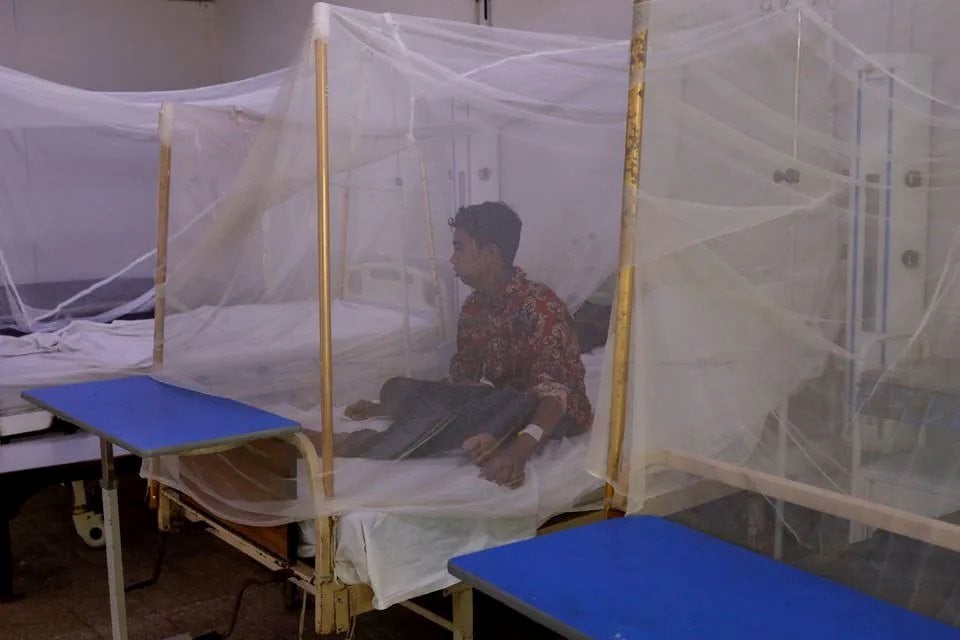
Additionally, a second safe and effective malaria vaccine, R21/Matrix-M, was approved in October 2023, which is expected to increase supply and enable large-scale vaccine deployment across Africa, where most cases are concentrated.
WHO stressed the need for a “critical pivot” in the fight against malaria, with increased resources, increased political commitment, data-driven strategies and innovation focused on developing more effective and affordable products.
“The growing threat of climate change requires increasingly robust efforts to combat malaria, in line with efforts to reduce the impacts of climate change. The engagement of the whole of society is essential to develop integrated approaches,” the organization urged.
Climate change threatens progress against malaria, especially in vulnerable areas. Sustained and resilient efforts against malaria are needed now more than ever, along with urgent action to slow global warming and reduce its impacts.
Mr. Tedros Adhanom Ghebreyesus, Director-General of WHO
Previously, Mr. Peter Sands, Executive Director of the Global Fund to Fight AIDS, Tuberculosis and Malaria, warned that climate change and conflict are affecting efforts to address the world's three most dangerous infectious diseases: AIDS, tuberculosis and malaria.
According to the Fund’s 2023 results report, international efforts and initiatives to combat these diseases have largely recovered after being severely affected by the COVID-19 pandemic. However, Mr. Peter Sands said that the growing challenges of climate change and conflict mean the world could miss the target of ending these dangerous diseases by 2030 without “extraordinary solutions”.
Source


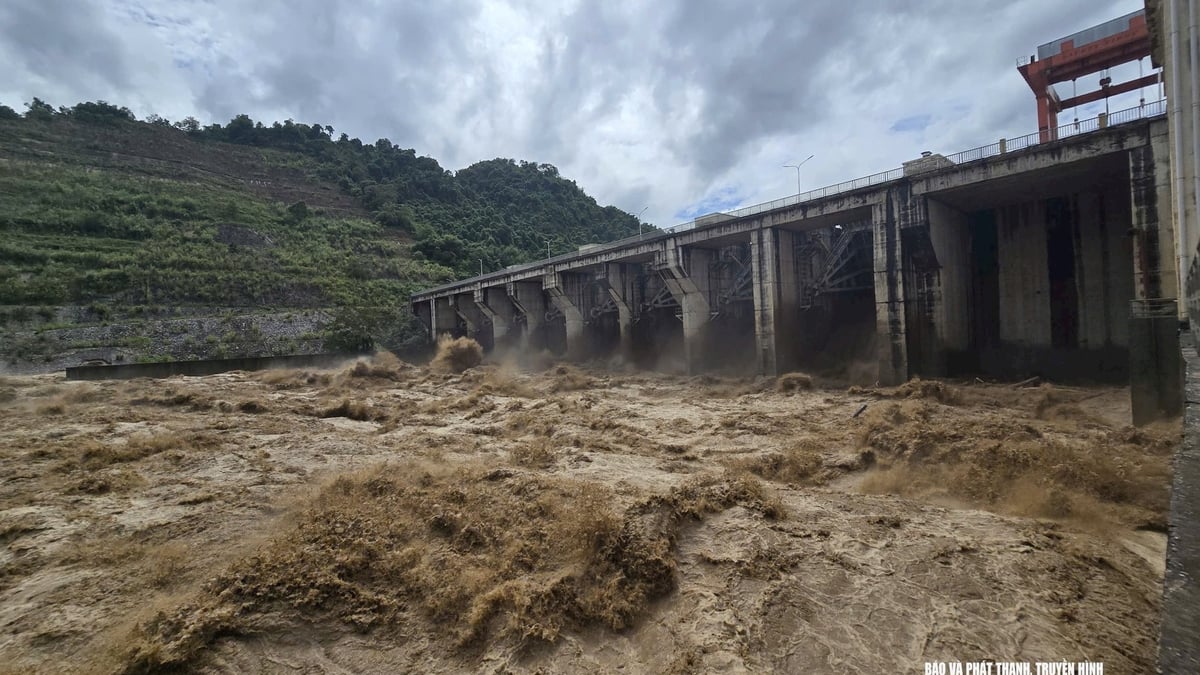







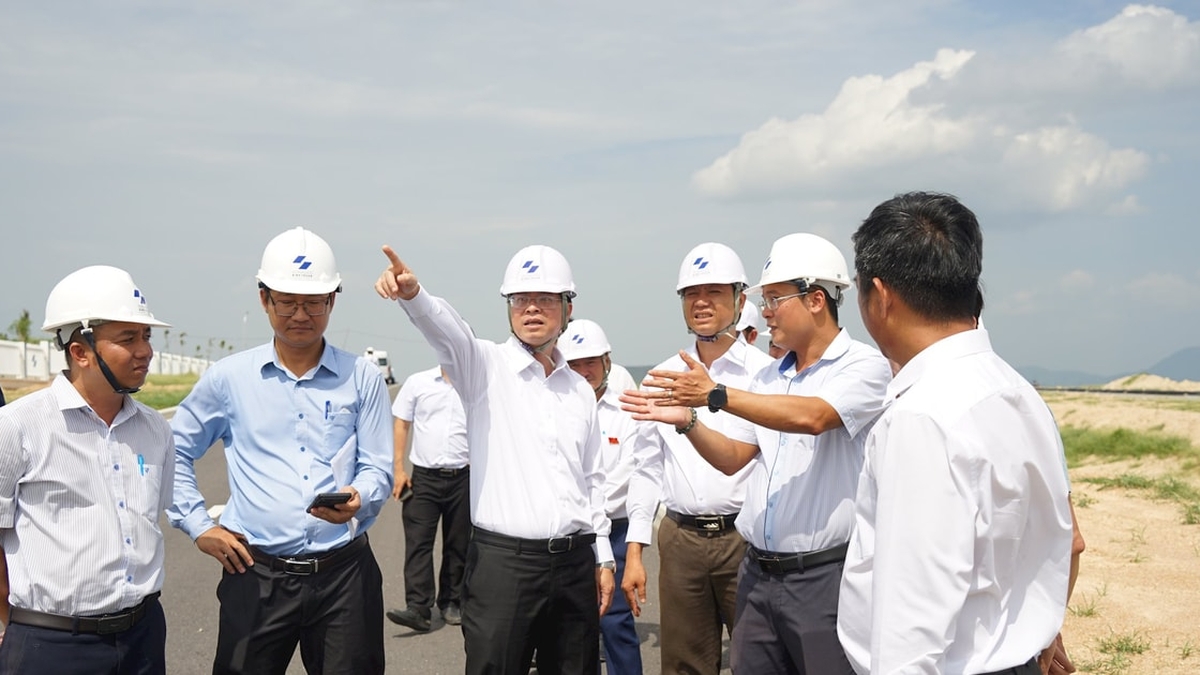
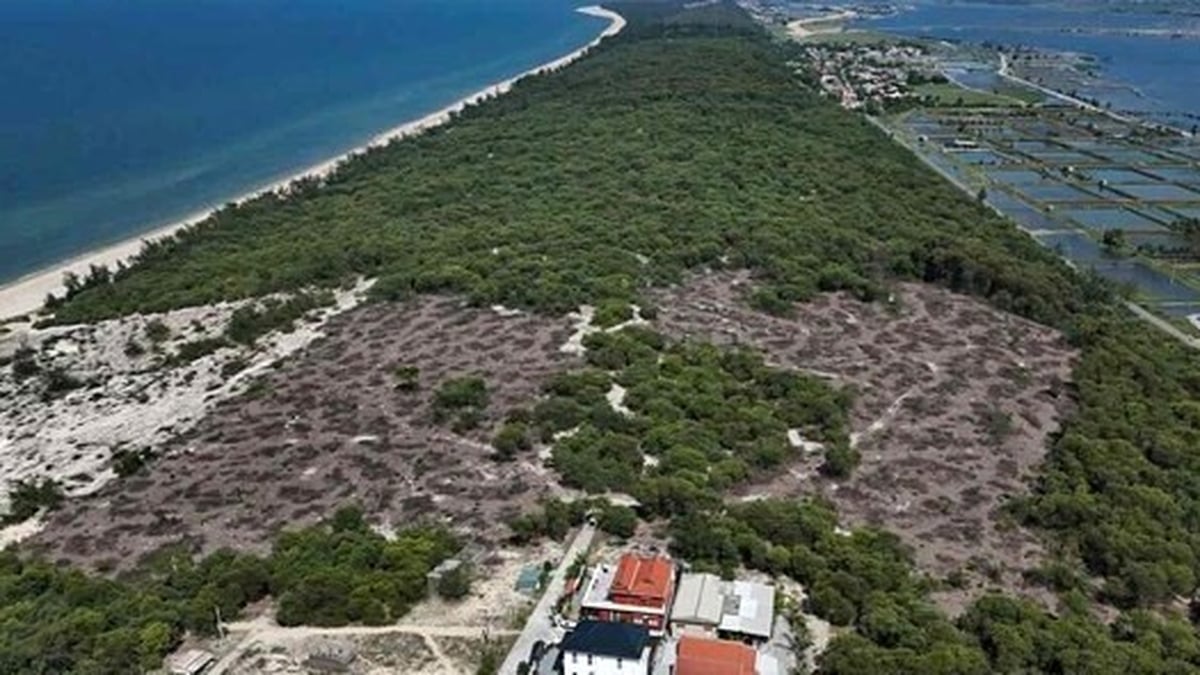


















![[Photo] Signing of cooperation between ministries, branches and localities of Vietnam and Senegal](https://vphoto.vietnam.vn/thumb/1200x675/vietnam/resource/IMAGE/2025/7/24/6147c654b0ae4f2793188e982e272651)





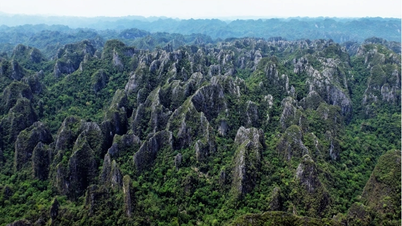



























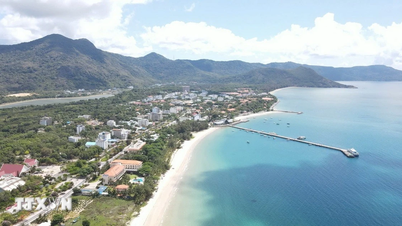







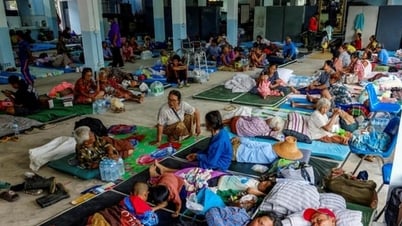
































Comment (0)